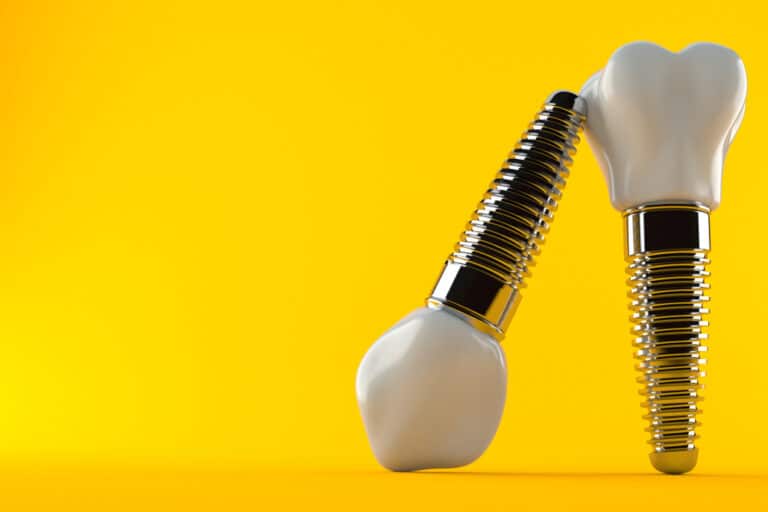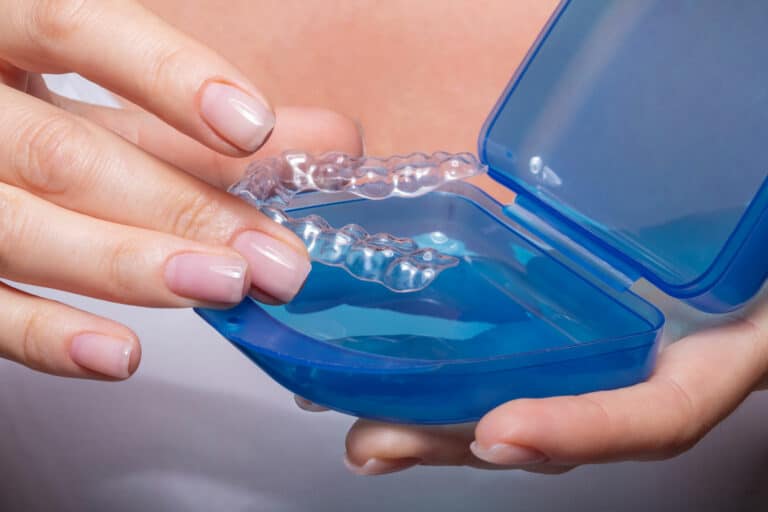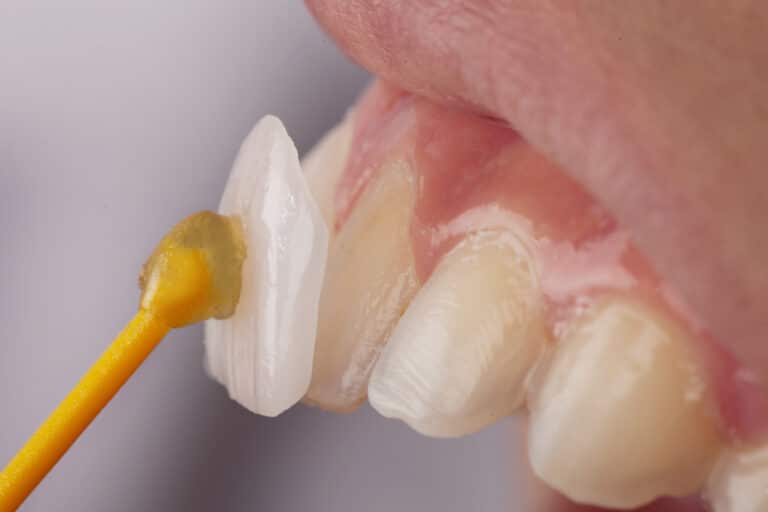Missing teeth can have a major effect on the appearance of your smile as well as your overall health and wellness. A skilled cosmetic dentist will help design a treatment that enhances aesthetics and improves your health, essentially combining the best of cosmetic dentistry and restorative dentistry.
One treatment option that is especially helpful for varying degrees of tooth loss is implant dentistry. While dental implants are strong and sturdy, they can be affected by different health issues, such as bruxism (tooth grinding). Let’s take a moment right now to go over some of the basics of how bruxism affects the implant dentistry process.
Implant Dentistry and How It Works
Let’s define some terms first in order to understand the issue better.
Dental implants are artificial tooth roots that are surgically embedded into the patient’s jawbone and gum tissue. When in place, dental implants are able to hold dental bridges, partial dentures, full dentures, and even individual dental crowns in place with a level of stability that is comparable to natural tooth roots.
About Bruxism (Teeth Grinding)
Bruxism refers to the gnashing, clenching, shifting, and grinding of the teeth. This commonly occurs at night when the patient is asleep and unaware of it. This causes intense pressure to be placed on the teeth and the jaw joint, leading to headaches, tooth damage, TMJ disorders, and other serious problems.
The most common causes of bruxism tend to be malocclusion (crooked teeth) and excessive stress/anxiety.
Negative Effects of Bruxism on Dental Appliances and Teeth
Given the nature of bruxism, it is common for a person’s natural teeth and/or a denture or bridge to be damaged. The pressure placed on teeth and appliances often result in chips, cracks, and other structural problems with time.
Negative Effects of Bruxism on the Dental Implants Themselves
Perhaps more seriously, bruxism can also cause problems to the dental implants themselves. The pressure exerted on the dental implants can lead to major stress being placed along the mandible or the upper dental arch, potentially causing damage to the bone. This can lead to the loss of stability of dental implants that were otherwise fully anchored.
Bruxism Can Lead to Failure of the Entire Implant Dentistry Process
The issue of bruxism is particularly important to note during the healing process associated with implant dentistry. During this time, it’s important for osseointegration to occur, which means the fusion of the dental implants with the jawbone as if it were an organic part of the mouth.
Bruxism will place stress on the implants before they have sufficiently healed and set in the bone tissue, which can lead to failure of the entire treatment.
How Bruxism Can Be Treated
In many cases, the best treatment option for bruxism is orthodontic care. By improving dental alignment, the patient’s teeth can find a proper rest position and are less likely to shift in place. Relaxation techniques and stress-relief practices may also be used to supplement orthodontic care, reducing any potential triggers for teeth grinding.
During your consultation with our team, we will carefully tailor your treatment for bruxism to address the root cause of the issue and meet your needs.
Learn More About the Latest In Implant Dentistry
For more information about implant dentistry and how it can be of great benefit to you and your needs, be sure to contact our Astoria cosmetic and restorative dentistry practice today. The team here at Astoria Dental Group look forward to your visit and helping you achieve excellent dental health and wellness.




